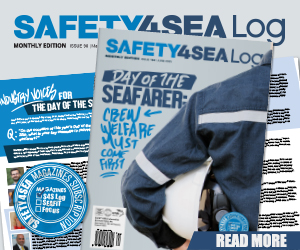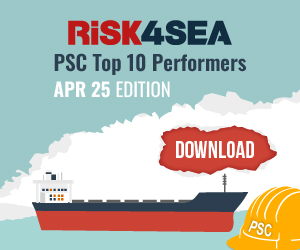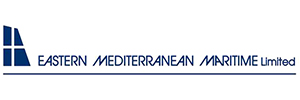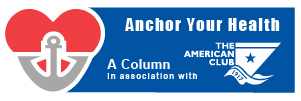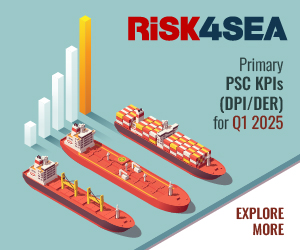The 110th session of IMO’s Maritime Safety Committee (MSC 110), set to take place 18-27 June, 2025, opened successfully at IMO Headquarters in London.
The Maritime Safety Committee (MSC) deals with all matters related to maritime safety and maritime security which fall within the scope of IMO, covering both passenger ships and all kinds of cargo ships. This includes updating the SOLAS Convention and related codes, such as those covering dangerous goods, life-saving appliances and fire safety systems. The MSC also deals with human element issues, including amendments to the STCW Convention on training and certification of seafarers.
Key agenda items at MSC 110
The MSC has a wide range of issues on its current agenda, including goal-based standards, autonomous vessels, piracy and armed robbery against ships, cyber security and e-navigation. Key items to be discussed include:
- Maritime Autonomous Surface Ships (MASS): Following the MASS Symposium co-hosted with Norway, the Committee will advance the development of a non-mandatory MASS Code.
- Alternative fuels and GHG Strategy: Delegates will assess the safety implications of alternative fuels and technologies to support the IMO’s greenhouse gas reduction strategy.
- Cybersecurity: Next steps will be discussed to develop standards for ships and ports in the face of increasing maritime digitalization.
- ISM Code & seafarer safety: A focus on improving the International Safety Management Code, including addressing violence and harassment at sea, based on a recent joint ILO/IMO working group report.
- STCW Convention Review: A proposed roadmap for the comprehensive review of the Standards of Training, Certification and Watchkeeping for Seafarers (STCW) will be evaluated to accelerate progress.
- Seafarer criminalization and well-being: The Committee will reflect on the outcomes of a recent, relevant IMO-ILO event, held in collaboration with the International Chamber of Shipping (ICS) and International Transport Workers’ Federation (ITF), highlighting firsthand testimonies from affected seafarers.
Opening the session, Secretary-General Arsenio Dominguez expressed concern over a recent spate of maritime accidents and paid tribute to affected seafarers and the swift response of national authorities.
In light of recent maritime incidents, it is clear that the global maritime community must enhance compliance with IMO standards, boost emergency preparedness, and strengthen cooperation,
… he said.
He acknowledged the improved situation of ships previously stranded at the port of Ras Isa in Yemen and thanked the Indian and Omani authorities for their assistance. The Secretary-General also referenced several recent incidents, including:
- MV Wan Hai 503, where four seafarers remain unaccounted for.
- The sinking of MSC ELSA 3 off India’s coast on 25 May, with all 24 crew members rescued.
- A fire aboard the Morning Midas, a Liberian-flagged car carrier, which led to the safe evacuation of all 22 crew.
- A collision involving the oil tanker ADALYNN and VLCC Front Eagle off the UAE coast, resulting in a significant fire and emergency response by the UAE Coast Guard.
In light of these events, Dominguez urged IMO Member States and the wider industry to reinforce vigilance in navigational safety and accelerate implementation of international safety protocols.
He also voiced condolences for the victims of a recent tragic Air India flight accident, reflecting the interconnected nature of global transportation safety.
The Secretary-General spotlighted rising security threats, including piracy, armed robbery, and smuggling, and emphasized the need for regional and global collaboration. “These challenges undermine stability and demand robust implementation of updated Best Management Practices,” he stated, noting plans for increased civil-military dialogue.
Dominguez reaffirmed his commitment to seafarer welfare, calling for collective action to ensure protection against unjust treatment and criminalization.











































